


C ONTENTS

Collins Amazing People Readers are collections of short stories. Each book presents the life story of five or six people whose lives and achievements have made a difference to our world today. The stories are carefully graded to ensure that you, the reader, will both enjoy and benefit from your reading experience.
You can choose to enjoy the book from start to finish or to dip into your favourite story straight away. Each story is entirely independent.
After every story a short timeline brings together the most important events in each persons life into one short report. The timeline is a useful tool for revision purposes.
Words which are above the required reading level are underlined the first time they appear in each story. All underlined words are defined in the glossary at the back of the book. Levels 1 and 2 take their definitions from the Collins COBUILD Essential English Dictionary and levels 3 and 4 from the Collins COBUILD Advanced English Dictionary.
To support both teachers and learners, additional materials are available online at www.collinselt.com/readers.
The Amazing People Club
Collins Amazing People Readers are adaptations of original texts published by The Amazing People Club. The Amazing People Club is an educational publishing house. It was founded in 2006 by educational psychologist and management leader Dr Charles Margerison and publishes books, eBooks, audio books, iBooks and video content, which bring readers face to face with many of the worlds most inspiring and influential characters from the fields of art, science, music, politics, medicine and business.
The Collins COBUILD Grading Scheme has been created using the most up-to-date language usage information available today. Each level is guided by a brand new comprehensive grammar and vocabulary framework, ensuring that the series will perfectly match readers abilities.
CEF band | Pages | Word count | Headwords |
Level 1 | elementary | A2 | | 5,0008,000 | approx. 700 |
Level 2 | pre-intermediate | A2B1 | | 8,00011,000 | approx. 900 |
Level 3 | intermediate | B1 | | 11,00015,000 | approx. 1,100 |
Level 4 | upper intermediate | B2 | | 15,00019,000 | approx. 1,700 |
For more information on the Collins COBUILD Grading Scheme, including a full list of the grammar structures found at each level, go to www.collinselt.com/readers/gradingscheme.
Also available online: Make sure that you are reading at the right level by checking your level on our website (www.collinselt.com/readers/levelcheck).
Gaius Julius Caesar BCEBCE
BCEBCE the powerful Roman leader

From a young age I wanted to be a leader and a hero. I fought hard to gain control of many territories for Rome. I think it was my fate to become dictator of Rome.

I was born on 12th July 100 BCE , in Rome in Italy. I am known as Julius Caesar but my first name was Gaius. Julius was my familys surname and Caesar was the name of the group of people we came from, our tribe. My mothers name was Aurelia and my father was called Gaius Caesar. He was the Governor of Asia Minor and although he came from an aristocratic Roman family, we were not rich. We were not poor either, but there were many people who were far wealthier than we were.
I had an enjoyable childhood playing and fighting with my friends. I learned to ride at a young age and developed a passion for horses and racing, and we had many competitions to see who was the fastest, most fearless rider. I knew that it was important to be educated but my father taught me that the most important thing was to know how to fight well. In our time, Rome had many enemies and I knew about all of them.
Rome was a republic, which meant that its rulers were elected by the people or their representatives. The government consisted of the Consuls, the Senate and the Assembly. At the head of the government were the Consuls. These were two people who were elected every year. The Consuls controlled the day-to-day working of the government and were the only people who could command the army. Below them was the Senate. This consisted of 300 men, called senators, who came from the aristocracy . They kept their positions for life and were chosen by the two Consuls. The Assembly was made up of all the ordinary men in Rome. They had the right to vote and to give speeches, and they chose the two Consuls.
My father taught me that political power and military power were connected and it was not possible to have one without the other. He also taught me that to survive, it was vital to gain the respect of ordinary people. These were the people who really had the power because they chose who was in charge of the government. His advice proved to be valuable in the future.

My youth was a time of civil war in Rome, with two groups fighting for control. On the one side was a man called Gaius Marius, who was married to my fathers sister, Julia. Marius was the leader of the Populares party. He represented the ordinary people of Rome and we supported him. On the other side was a general called Sulla, who was from an aristocratic background. Both sides fought violently and committed terrible acts of war but in 88 BCE , Sulla did something that nobody had done before. He led his army into Rome to try to take control of the city by force. The fighting continued.
Four years later, when I was 16 years old, my father died. Suddenly, as his eldest son, I became the leader of our family. At that time, my uncle Marius was in power, together with one of his revolutionary friends called Cinna. Cinna had a lovely daughter called Cornelia and we decided to get married. Later we had a daughter called Julia.
In 83 BCE , Marius and Cinna lost power to Sulla and life became dangerous for me. Sulla was afraid of the political power I had because of my wifes familys position in society. He ordered me to divorce her or he would take my property away from me. I refused and he added my name to a list of those who were going to be executed . There were already a lot of names on the list. In the beginning, my friends took me to a safe hiding place. I was lucky that I had powerful friends and family, and my mothers family in particular had enough influence with Sulla to get me an appeal , and then a pardon . In spite of my pardon, I decided not to return to Rome and I stayed away until Sulla died in 78 BCE .
Next page

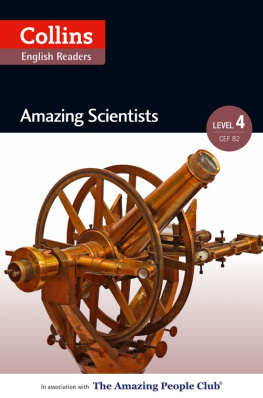
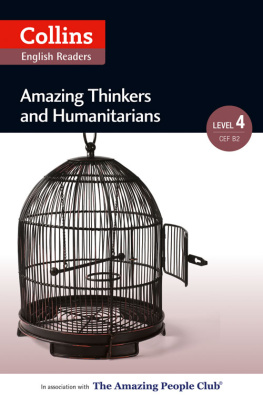
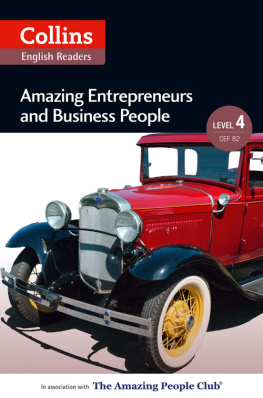
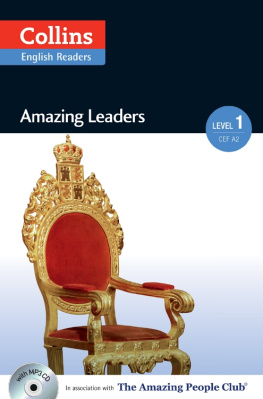

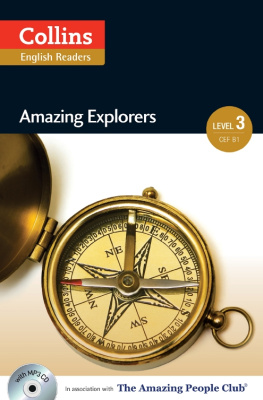
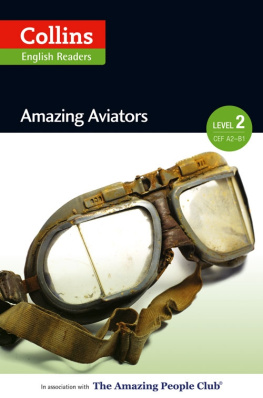

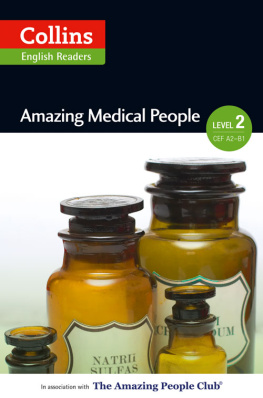


 C ONTENTS
C ONTENTS 

